I amble beside ramshackle buildings, along dirt and pothole-littered roads, away from the thunderous roar of water spurting over basalt rock, spilling over the expansive ledge of Victoria Falls. As the Zambezi river wanders lazily across the basalt-capped plain, trending towards the smoke that thunders, I reciprocate curious glances by lifting the corners of my lips, while kicking up dust en route to Victoria Falls Hospital. I wet my lips as sweat beads my forehead, my pace quickening in step with the eagerness that’s fuelling the journey.
I want to learn first-hand what’s happening to nurses in Zimbabwe amid the political controversy that plagues western media regarding the Southern African nation, a country that’s struggled to find its feet following colonial dissolution.

I stand still at the front gate amid human shadows rolling past on gravel paths, a glint of light reflecting blazingly on a piece of broken glass. At the doors I assume to be the entrance to the hospital, a basic structure weather-beaten by time in want of fiscal support, I note a vacuum of silence - an absence of howling sirens on a Saturday afternoon – that’s deafening.
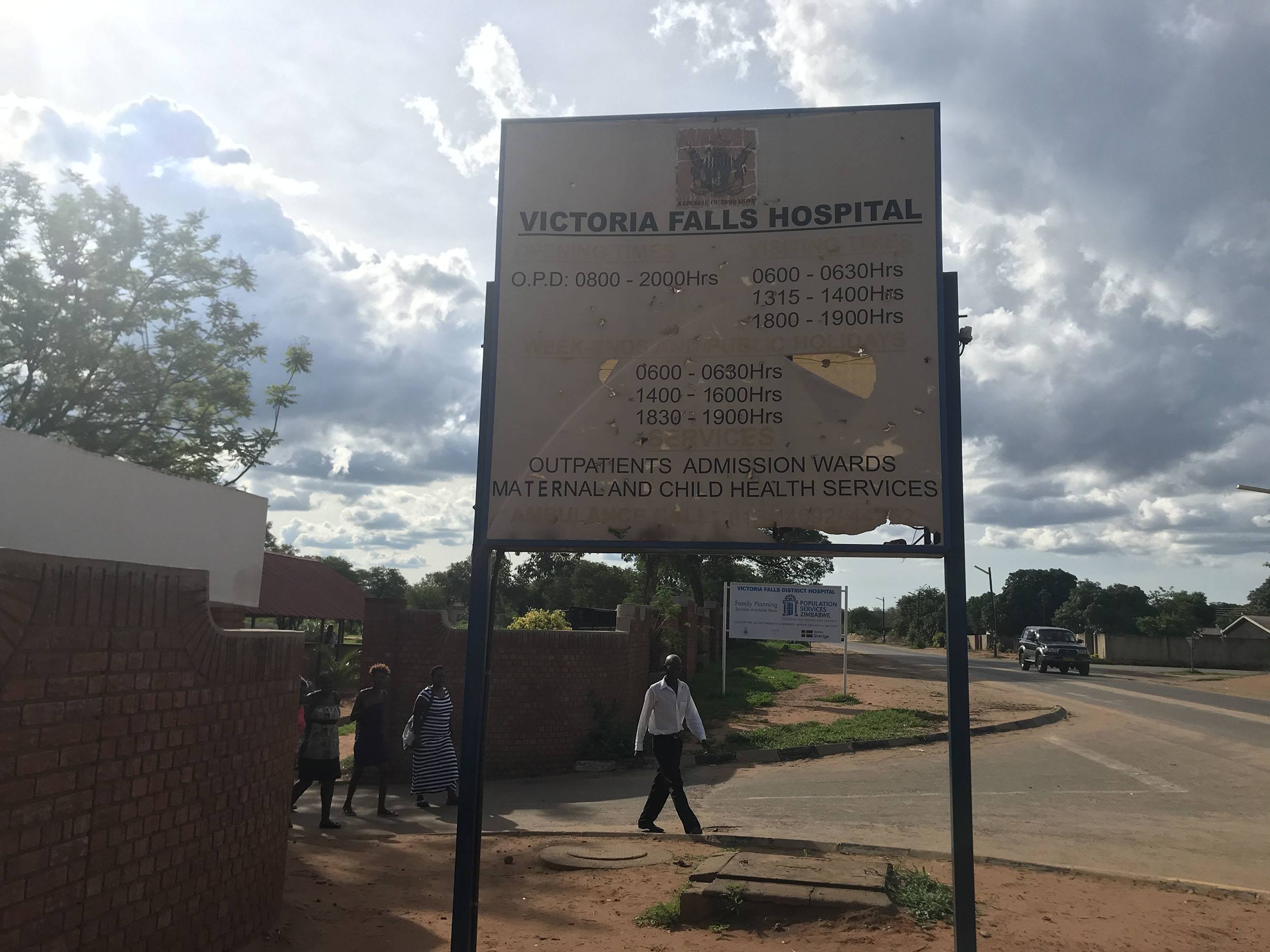
Stepping foot inside is no less endearing: to the right is a woman in scrubs, her chin resting on one hand while the other taps a pen indolently on the desk; and in front of her are rows of nearly empty seats. Shadows dance around the room, cast through tall windows that dress the front. The waiting room is clean, flanked by weary walls complete with odours evocative of disinfectant.
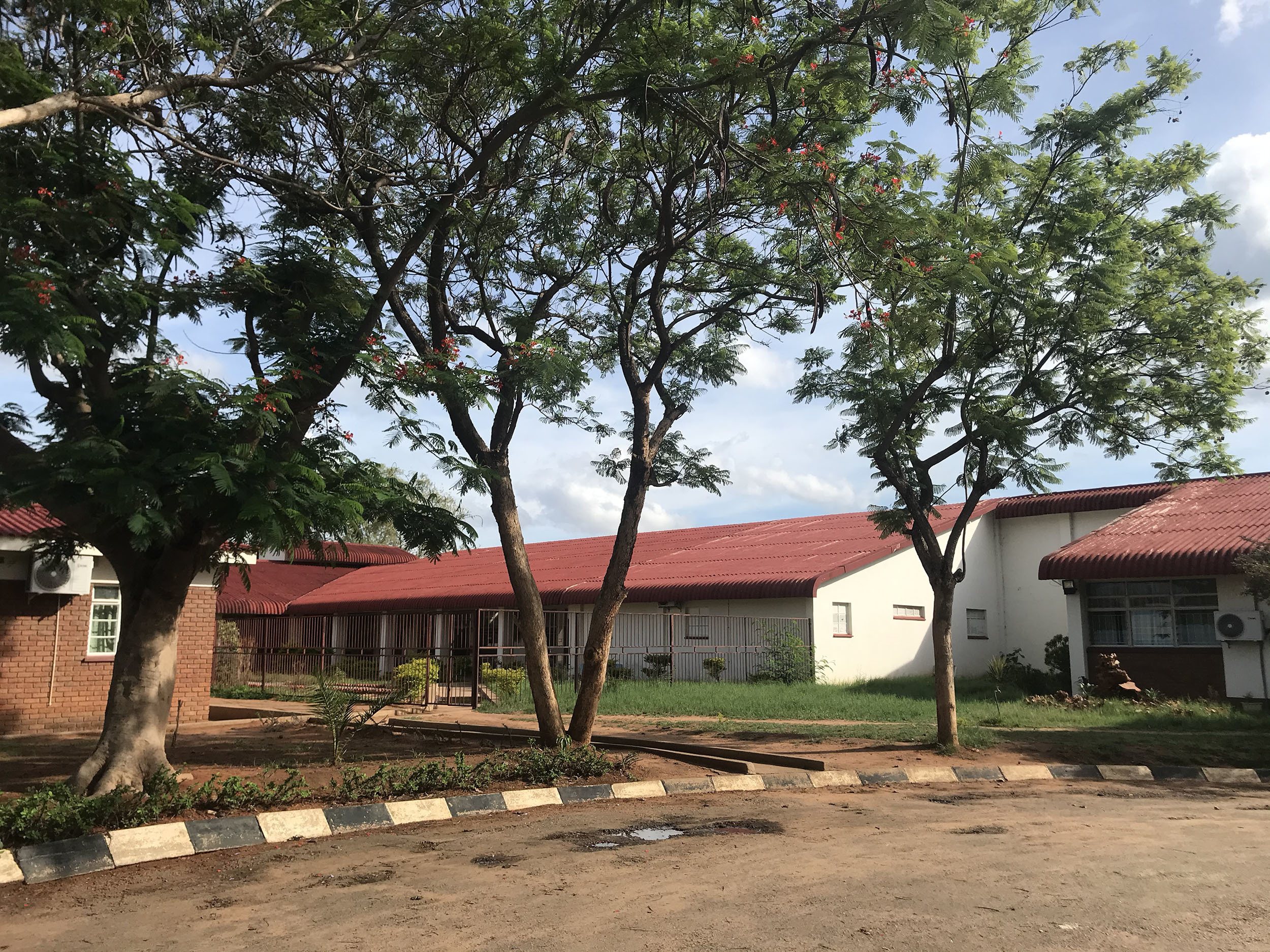
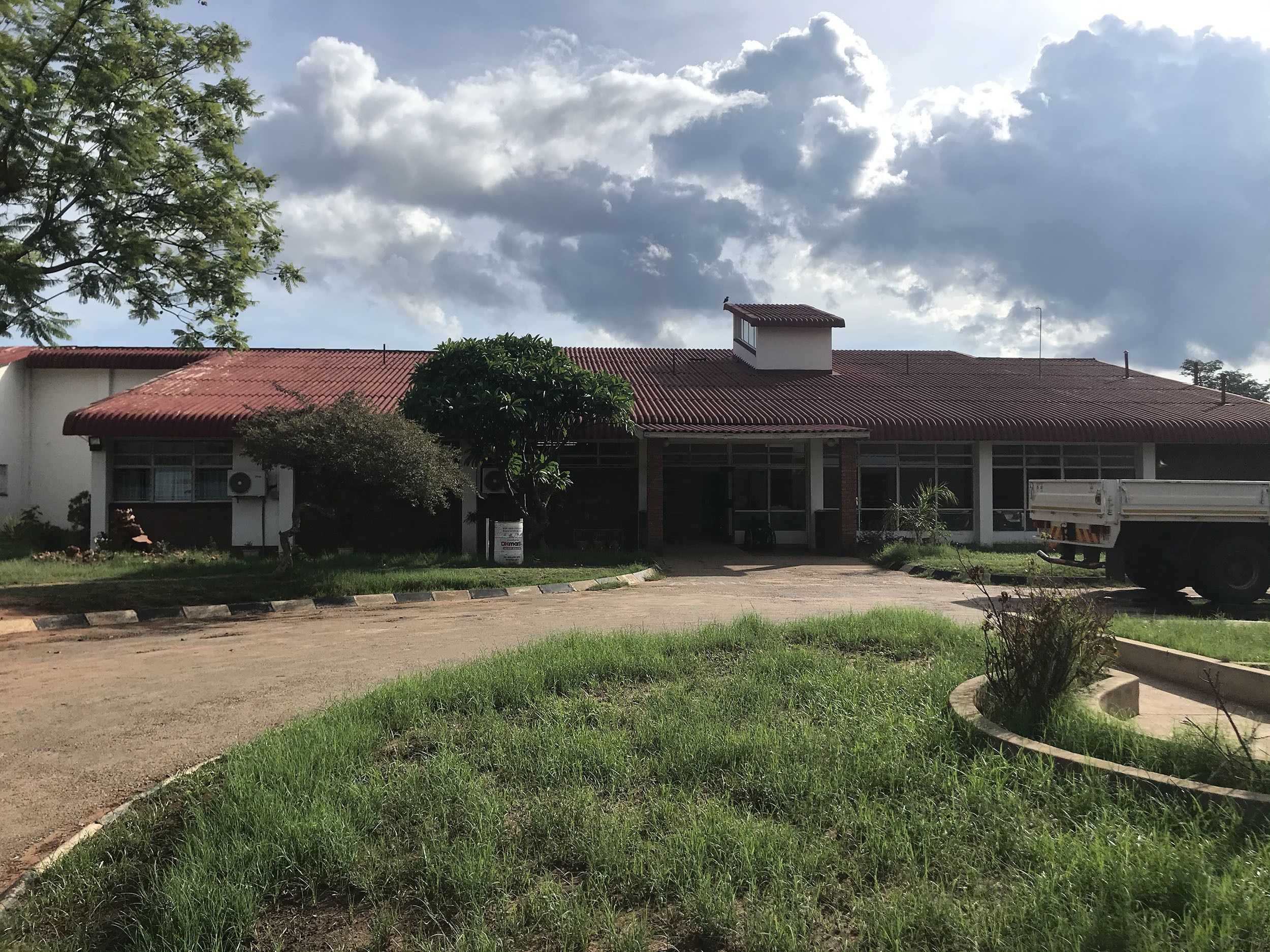
A man walks towards me, in blue scrubs with insignia sitting on his shoulders, official identifiers that scream ‘health worker’. His coal black hair is short and his expression stern, lineaments of his face without inflection except for a squint in his eyes. The chapters of life are written there to read – strength of character, careful patience and memories of a harsh world, all buried within.
“Hi. I’m Ben, a registered nurse from Australia.” Silence follows suit.
“The purpose of my visit today is to meet some of the nursing staff at your hospital and learn about nursing in Zimbabwe. Perhaps I can lend a hand, too?” An arm is outstretched.
“I am Everest. I’m a nurse here at Victoria Falls Hospital.” The squint evolves, producing a few fine wrinkles while two rows of perfect pearly whites emerge, spreading joy around the room.
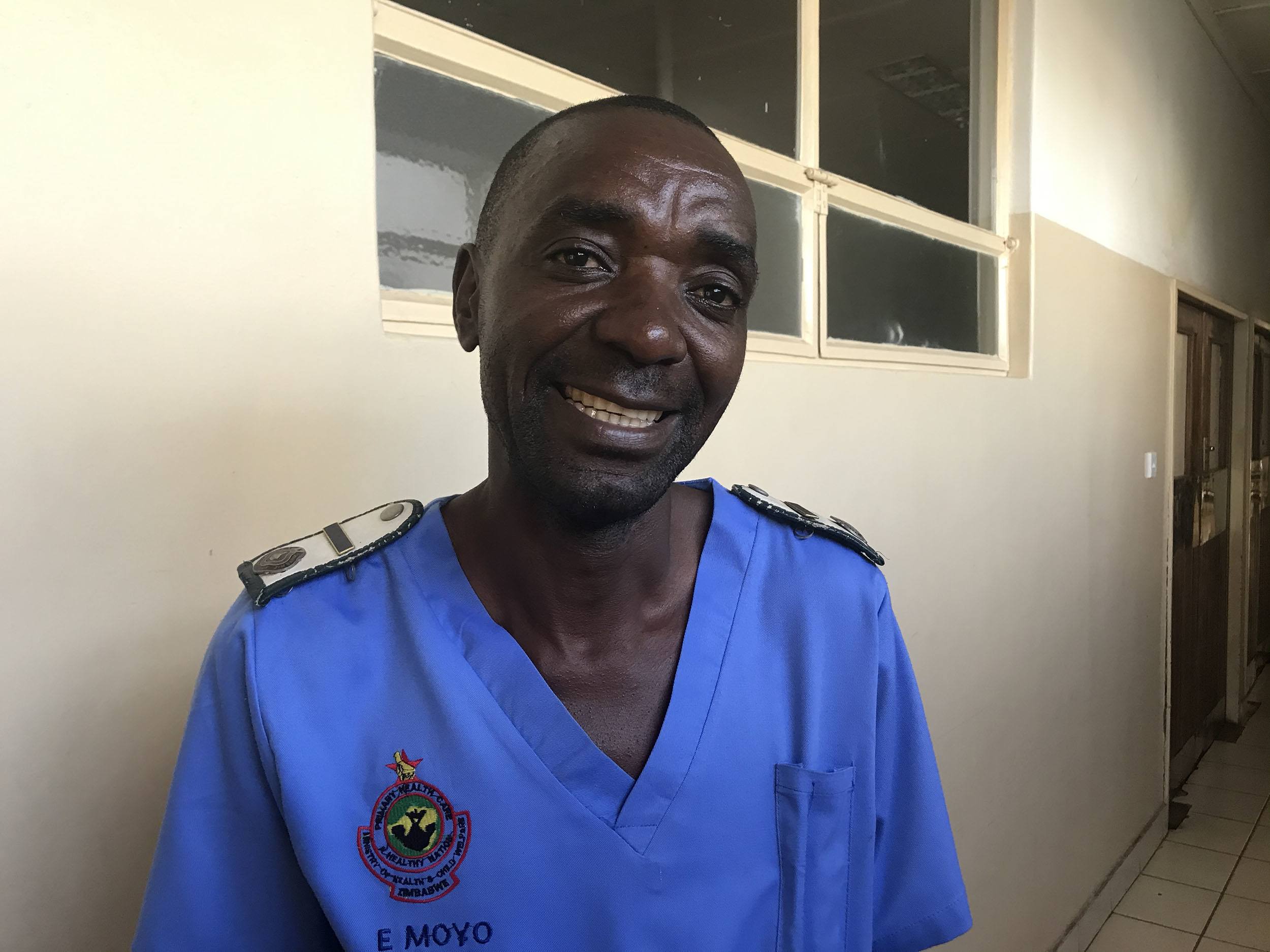
We walk and talk, from the emergency waiting room that’s now empty to the theatre in which minor surgeries are performed, including male adolescent and adult circumcision. Everest details how Global Funds in cooperation with Population Services International have trained nurses across the African continent to perform the procedure, intent on reducing the incidence of HIV. He’s now a national trainer.
Circumcision is historically only done by medical doctors. He says I missed a procedure by 30-minutes. It’s done on a walk-in basis, free of charge, unlike other health services in Zimbabwe.
“Maternity is free as is care for children up to five years of age. Every other Zimbabwean has to pay for everything,” he explains.
Given the majority of Zimbabwe’s 14 million people are heading into abject poverty, the result of corruption, insolvency, ongoing drought since 2000 and famine - a country that was once the breadbasket of the region, I can’t see how individuals could ever afford to tend to emerging health needs.
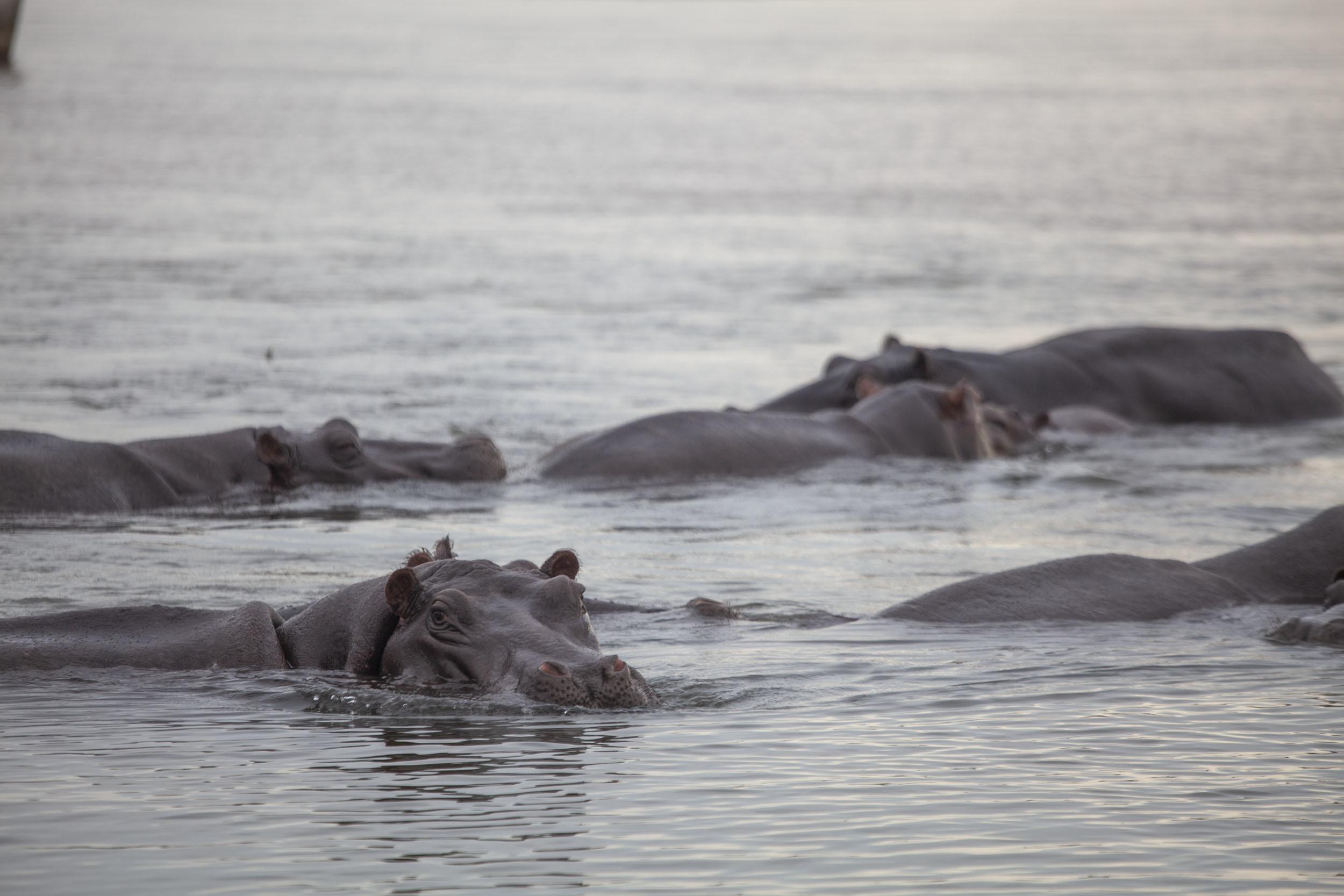
Following three years at nursing college, Everest graduated with a diploma and moved into psychiatric nursing. Although it’s his area of expertise, he darts between emergency, general care and theatre. A jack of all trades, it seems, is this nurse standing before me, patient and kind, eager to help yet continually treading water to survive.
“Since the new government started in 2017, we have changed to 12-hour shifts. We don’t have to travel to work so frequently then and we can do other businesses outside of the hospital.”
Robert Mugabe’s fall from power in 2017 ‘freed up politics’ but the country is still cash-strapped; people are impoverished, two instances of bag snatching I saw within 10-minutes of arrival in Harare testimony to the desperation that’s plagued the population. Emerson Mnangagwa, the man who took Mugabe’s place, has made empty promises, the result: price hikes, unyielding inflation and further resentment by the populace. Nursing salaries have dropped from US$500 a month to US$30 in less than a year.
“How do you survive?” My brain stutters momentarily while my eyes take in more light than usual, every part of me going on pause while my thoughts catch up.
“We don’t. My two boys are in another city, my home city and it’s hard to support them. Most nurses are going to Zambia, Botswana and South Africa.”
My heart breaks a little. But Everest’s not going anywhere. “I love my job. I like helping Zimbabwe’s people.” And I’m sure they like receiving your help – a knight in shining scrubs.
The tour continues, along corridors that are stuffy, the air filled with an undertone of bleach. Scraped beige walls tell me about the thousands of trolleys that have passed through on busier days, carrying precious human cargo, bumping plaster as they rush to and fro. There are no pictures on the walls. I see some signs, ‘maternity’ and ‘kitchen’, indicating the way forward.
“This is a general ward with some patients.” I smile at the women, spread evenly across the ten beds piled into the room, pushed to the edges, with no equipment in sight. He notices my eyes darting about.
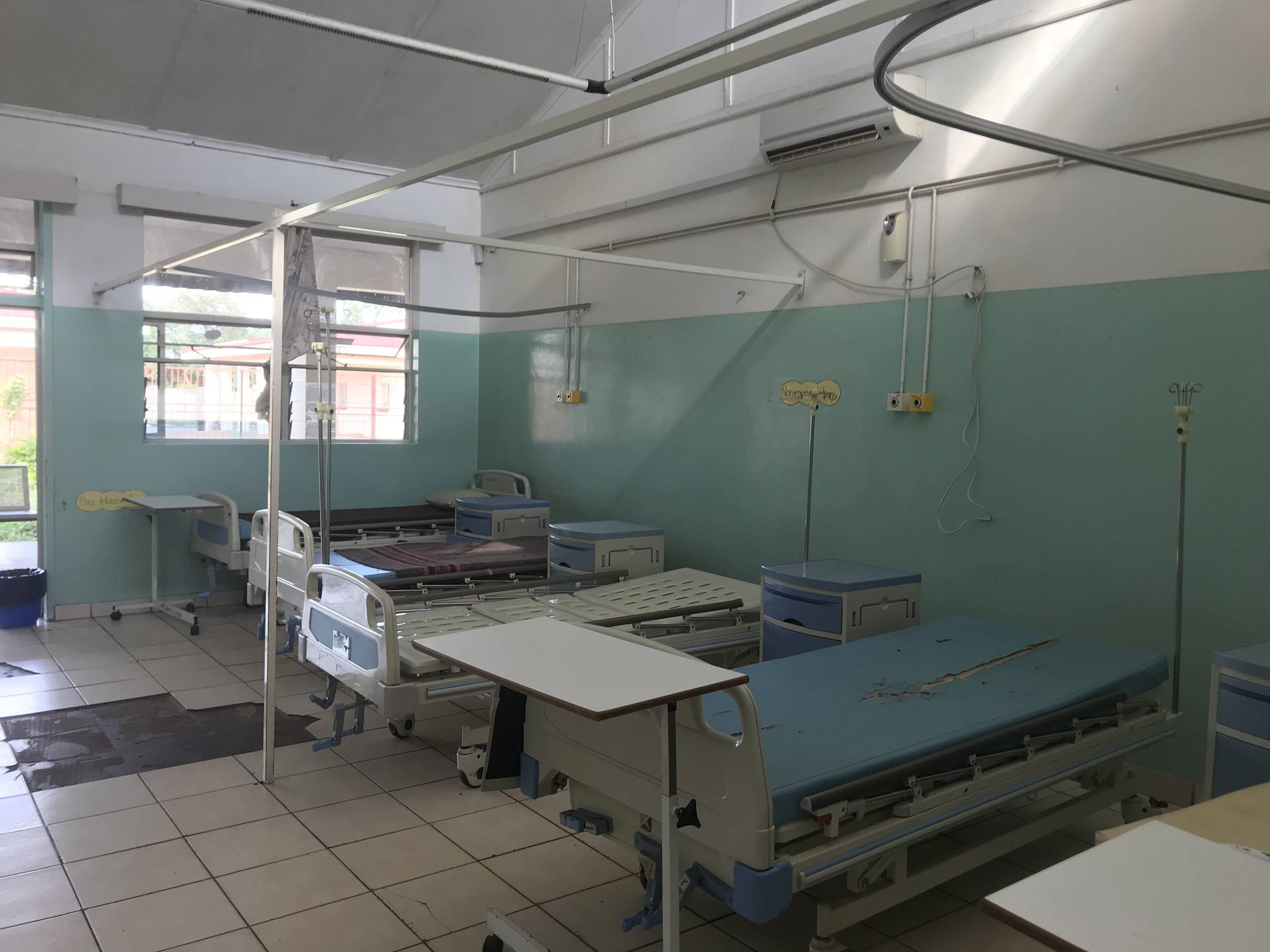
“Oxygen is very expensive. Hospitals in Zimbabwe don’t have much.”
I hear from other staff that patients must buy much of the equipment and medication needed for treatment from pharmacies external to the hospital before any procedures can be initiated. Some medications are now unavailable, across Zimbabwe. Many others are in short supply.
Even though the hospital employs 100 staff, they’re not all nurses. Each shift, it’s one nurse to 15 patients. Everest relies on the support of his colleagues as they do on his. There’s a genial team spirit, noted as we encounter his colleagues en route to maternity. The screams grow increasingly louder.
“Some families will help with personal cares of their family member who is a patient,” Everest confesses. I’d anticipate any help you can get would be tremendous, given the ratios.
We’re met with new scrubs and solar smiles, a team of midwives and doctors moving swiftly about the maternity wing of the hospital.
“There have been multiple births today, all well and happy,” announces a midwife, face reddened, brow moist.
“This is the happy part of the hospital,” I interject.
“Most days, yes. Things don’t always go so well. Today is a good day,” she says, through an ear-to-ear smile, apple in hand.
We leave the screams behind and move back to the hospital entrance, passing the kitchen en route. I notice a small, clean room fringed by cupboards centred around a table. Locked from passers-by, I take it to be a reserve of medicine. The hospital pharmacy, at the other end of the corridor, is closed for the day.
“So, what does the future hold for you Everest, as a nurse in Zimbabwe?” I query.
The squint returns, his head arching backwards as his glance shifts to the ceiling. Moments later, a smile breaks loose and his eyes return to meet mine.
“To keep going. To try my best. To survive, help my patients, pray and be hopeful. It’s all we can do.”
I thank Everest and his colleagues for their kindness, hospitality and humanity and return on foot to town. Although concerned, I’m filled with gratitude for Everest and nurses like him who, despite enduring countless difficulties, are generous and stoic. Even with the political warts that have been scarring Zimbabwe, causing a daily struggle for many including key healthcare workers, there remains a sliver of optimism.
With continually shifting political narratives, increasing poverty and growing demands, I can’t imagine how he’ll cope. But I’m confident he will cope, given his resilient attitude, unrestrained sense of humanity, persistent effort and positive outlook. If he can be hopeful that things will improve, then so can I.
This article was approved for publication by the Provincial Epidemiology Disease Control Officer.
For more nursing stories from around the globe, sign up (below) to my newsletter and regularly check this page for new articles.
